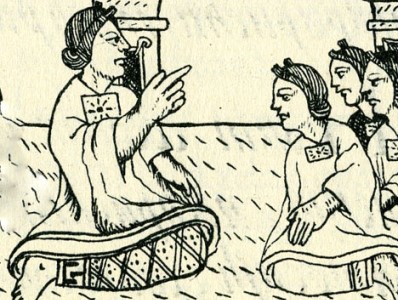

"Were they celebrating Independence Day, though? I don't know, maybe they were celebrating their tribal sovereignty." "I've been at different reservations during different times of my life on July 4th, and people stayed up all night shooting off fireworks," she recalled. Just because you're Native American doesn't mean you can't be patriotic, but there's this added layer of complexity," said Brown Eyes.Īuthor and humor writer Tiffany Midge, an enrolled member of the Standing Rock Sioux, also shared her memories of the fraught "colonial holiday" with Salon. "Natives have loved this land before it was called America - it's our homeland. Today, celebrating the "freedom" of a country that's able to perpetrate and whitewash such acts is a big ask, and those who can't celebrate don't necessarily lack for patriotism. The discovery of the burial of thousands of Indigenous children in unmarked graves near several North American schools has received little media attention.

That pain continues today as Native history and contributions continue to be ignored.

There's all these moments of, 'How can I celebrate when you're not even acknowledging the pain you've caused?'" "I'm from South Dakota, so blowing stuff up and barbecue is kind of what means to me," he said, while also acknowledging, "The hard part is, especially when everything is ultra patriotic. Like Chavez, Lucas Brown Eyes is a television writer who's worked on a number of shows, including Freeform's "Young & Hungry" and Netflix's "Alexa & Katie." As an enrolled member of the Oglala Sioux tribe, Brown Eyes also says he has a complicated relationship to Independence Day. "So much effort was given to erase the life and historical contributions and teachings of Native people." has been entirely intentional. "It's not just missing, like, 'Whoops, we don't know where it went!'" she said. There's a new ownership Native people have over our storytelling now, because we have the agency and positions to do it."Īccording to Chavez, the historical and continued erasure of Native storytelling in the U.S. "But we haven't been in a position to tell our own stories ever until very recently, so, in this episode, we really tried to look at the larger issues in narrative storytelling from historically excluded communities. "We now live in this generation where non-Native people are becoming more conscious to Native issues," Chavez said, on the episode. His seemingly compassionate adoption of the Minishonka Nation's story stems from white guilt and ultimately puts his face on a project about people he refers to as "the faceless." "Knowing that the film was made by some white kid, albeit a seemingly woke one, I just gotta question his intent about making art about my people," Reagan says.Īs she investigates further, it turns out Spencer has a history of appropriating other cultures in cringe-inducing ways. until Reagan discovers the documentarian is a white boy named Spencer. She and Nathan are ready to declare it the winner of the student history fair. In the series' fifth episode, Reagan is thrilled to see the overlooked history of the Minishonka featured in a beautiful student film.

She also happens to be best friends with Nathan Rutherford (Ed Helms), a town historian who celebrates his white ancestor who "founded" the titular town of Rutherford Falls that was built on Native land. In the Peacock series, Reagan Wells (Jana Schmieding) is a proud member of the fictional Minishonka Nation and even runs a cultural center to honor her people. Writing for the comedy "Rutherford Falls" allows Chavez to address such tensions and dueling narratives while also having fun with the modern-day relationships some Native Americans have to history and identity. But there is no acknowledgement we're celebrating Independence Day." We like to eat, be with our family, celebrate, come together. "There's a distinction, I think for all major holidays - the same way we address Thanksgiving. We don't love Independence Day, though," TV comedy writer Tazbah Rose Chavez told Salon.įor Chavez – a member of the Bishop Paiute Tribe and from the Nüümü, Diné and San Carlos Apache tribes – the atmosphere of invigorated patriotism the holiday brings reminds her of the untold stories and propaganda entangled with these celebrations. "I grew up on the Bishop Paiute reservation, and we love the Fourth and fireworks there. But for many Americans, that date in no way meant the end of colonialism. On July 4, we're expected to celebrate the holiday to mark U.S.


 0 kommentar(er)
0 kommentar(er)
